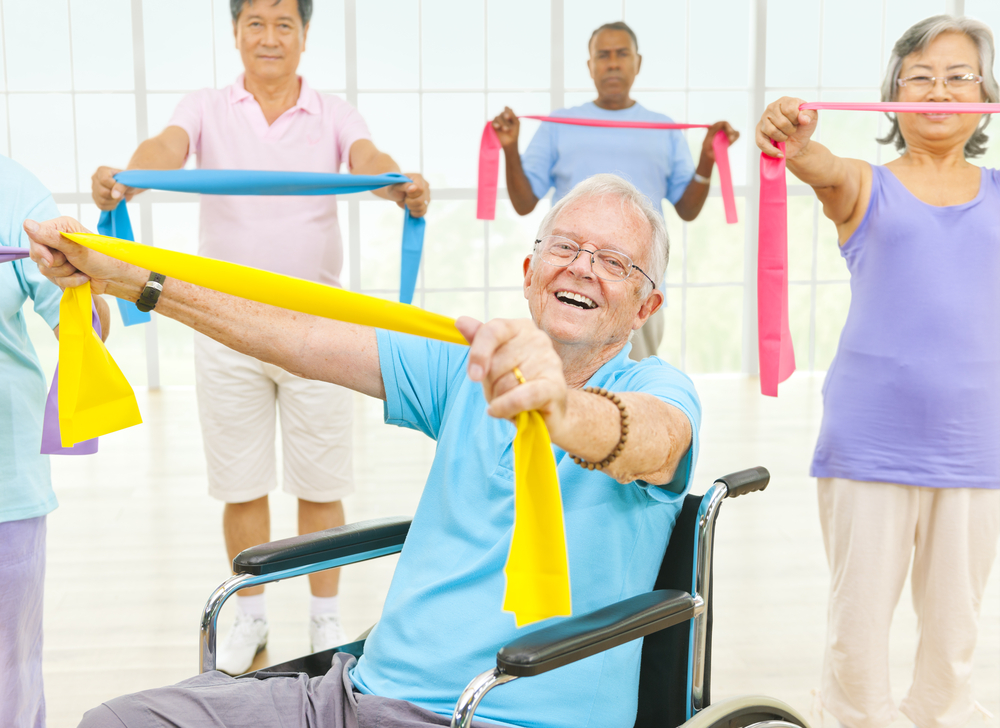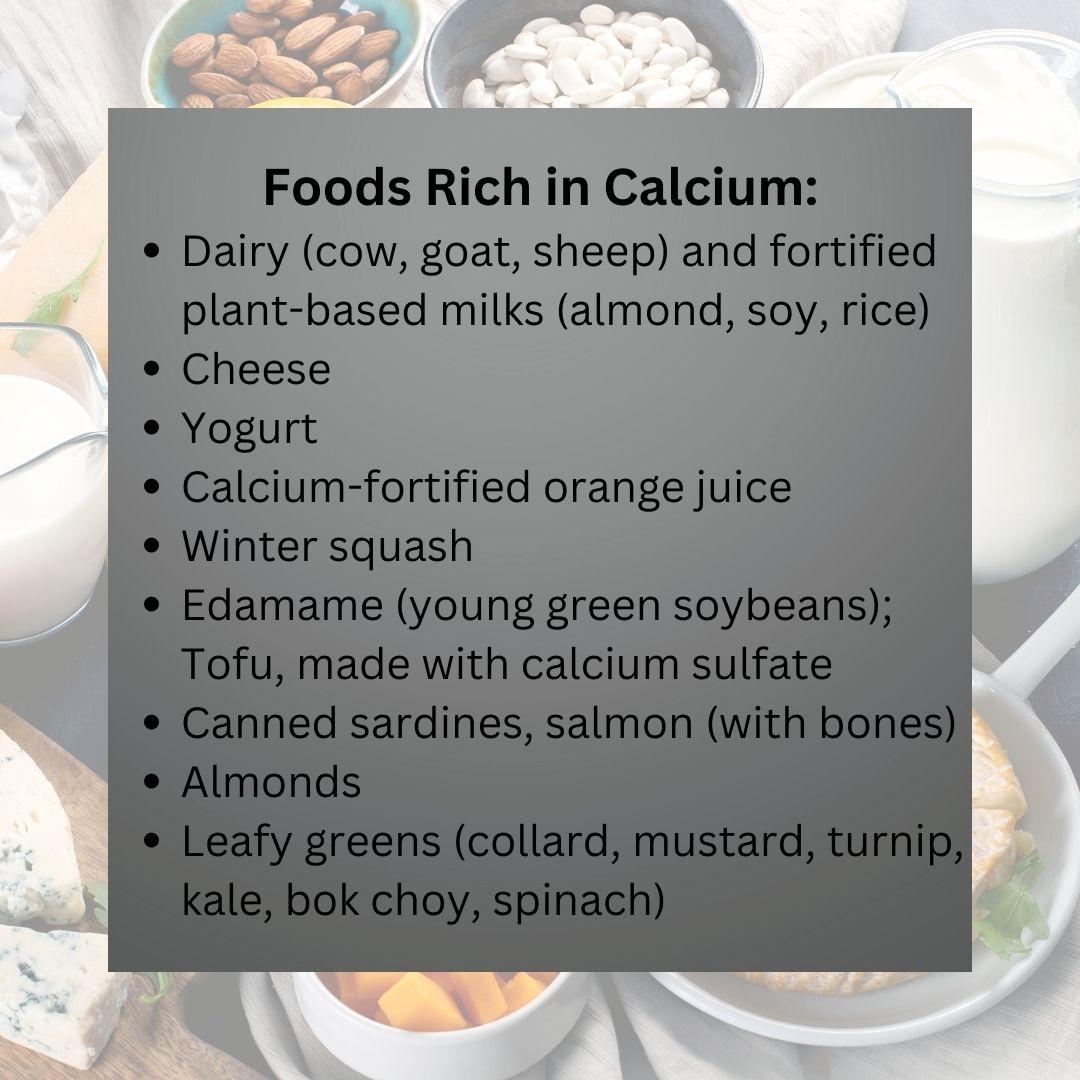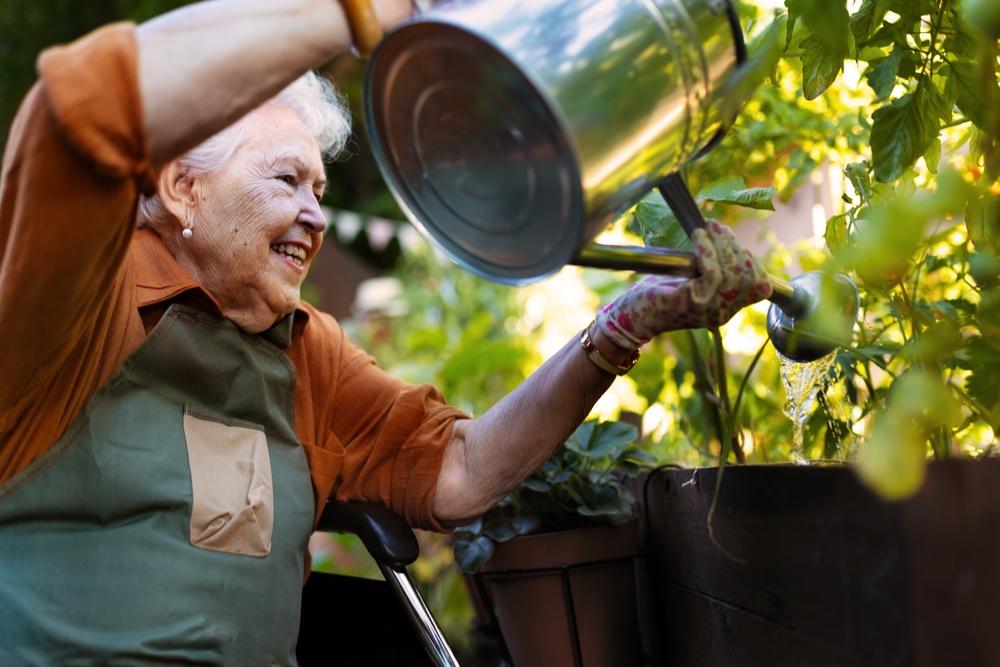 June 12, 2023
June 12, 2023
Maintaining the best bodily health as we age is of the utmost importance. Our muscles and bones are likely to suffer the most from natural causes due to aging. Knowing how best to keep them at their healthiest is vital to everyday health.
The older we get, our muscles will likely lose mass and definition. This loss can be attributed to any number of factors outside of normal aging – atrophy due to lack of use, poor blood flow, decreased caloric intake, or disease.
Comparatively, good bone health decreases as we age due to changes in diet, exercise, and overall physical health – such as diseases and disorders that affect our bones. While, in some ways, poor bone health can’t be prevented, we can still help keep the situation within a manageable range.
Below we have provided some helpful tips on how to remain active and keep your muscles and bones as healthy as possible.
Find Adjustable Exercise Routines
How often have our doctors told us to maintain a consistent exercise routine? The answer is countless times, and for the most part, we’ve tried to do as our doctors ask. However, as we get older, getting out of the home and moving about becomes more challenging.
Just because we can’t walk as easily or have the independence we once had doesn’t mean we can’t still participate in exercise activities. The beauty of exercise is that it doesn’t have any set rules as long as you are using your mobility to work the bones, joints, and muscles within your body.
There are safe and unsafe ways to exercise, so it’s important to remain aware of what your body is capable of doing and what your doctor suggests is within safe limits. That said, all exercise routines can be adjusted to fit any mobility needs.
If you can’t stand to do certain stretches, sit in a chair. If your arms can’t fully extend to complete a rep of weight lifting, do extensions as far as your arms allow. If you use a wheelchair and want to work on your leg muscle mass, there are ways that someone can assist you with doing certain muscle toning stretches. The possibilities are endless.
Going outside can still be a good way to ensure your daily exercise routine is completed, and it allows you to take in some fresh air and beautiful nature. Just be aware of humidity and heat levels to ensure you are doing exercise in the safest way possible.
Maintain a Healthy Diet
One of the biggest concerns for older adults bh; and their bone health is a lack of calcium in their diet. With muscle mass, the concern centers on not eating enough calories a day.
Changes to our current diets can easily resolve these issues. There are many ways to add calories to your meals without making them unbalanced or unhealthy in nature. The same can be said for adding more calcium.
The Recommended Dietary Allowance (RDA) for calcium for women 19-50 years of age is 1,000 mg daily; for women 51+, 1,200 mg. For men 19-70 years of age, the RDA is 1,000 mg; for men 71+ years, 1,200 mg.

The requirements for people ages 51 and older are 1,600 to 2,200 calories for women and 2,000 to 2,800 calories for men, depending on activity level. The decrease in physical activity that is typical of older adults also influences nutrition requirements. Be sure to check with your doctor to determine your needs based on your individual abilities.
Foods To Help Increase Caloric Intake:
- Lean Protein
- Dairy Products
- Additional portions of whole grains
Limit Smoking and Alcohol
Responsible alcohol consumption is not necessarily harmful; in fact, if you maintain a low level of alcohol in your weekly routine, you aren’t likely to see many adverse health effects because of it. Drinking red wine can actually be helpful to your heart if done so in moderation.
However, when you consume high amounts of alcohol, you run the risk of multiple health issues as well as the deterioration of your muscles and bones equally. Smoking runs the same risks due to the nicotine affecting not only your lungs but your heart, muscles, and bones.
More than two drinks per day for women and more than three drinks per day for men have been shown to increase the risk of falling. The use of tobacco products is damaging to musculoskeletal health.
If you smoke and require any orthopedic surgery, there can be complications, including impaired healing, increased infection, and delayed or impaired fracture union.
To keep things safe and simple, it’s best to avoid these substances as much as possible. Especially as we get older and more underlying health conditions arise.
Work With Your Doctor
While our tips are all great places to start, they don’t take the place of consulting directly with your doctor or a medical professional on what works best for you. Everyone has different abilities and needs and, therefore, should make any changes to their routine in tandem with advice from their doctor.
Accessible Home Health Care is happy to help you start those conversations. Our professionals have been trained in various health-related services and are here to consult with you about what your doctor feels is the right direction for you.



